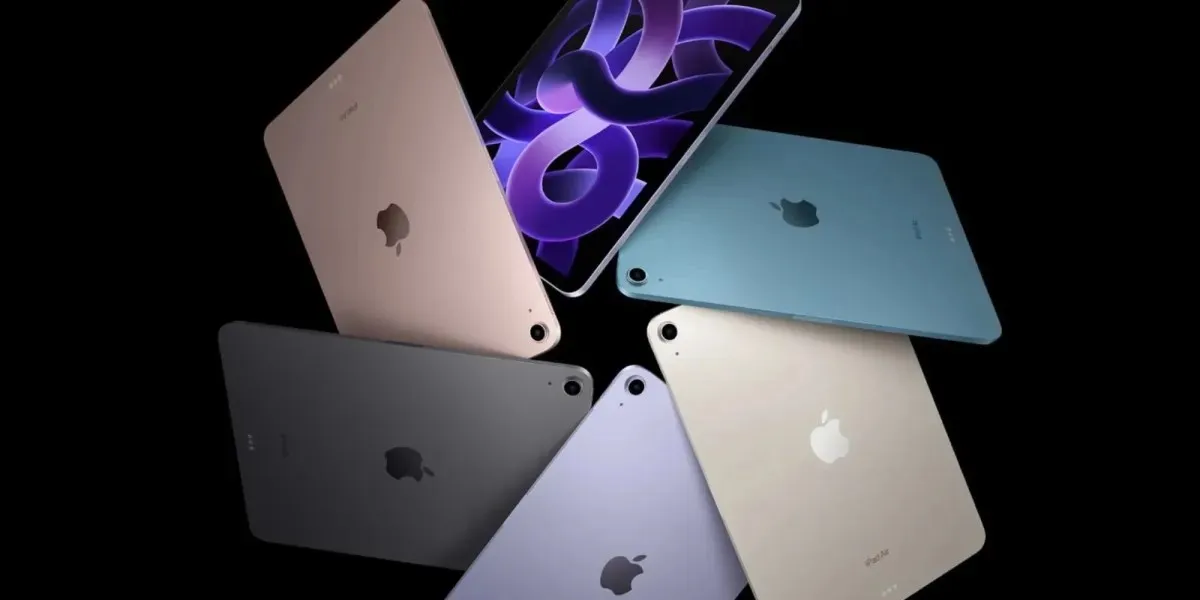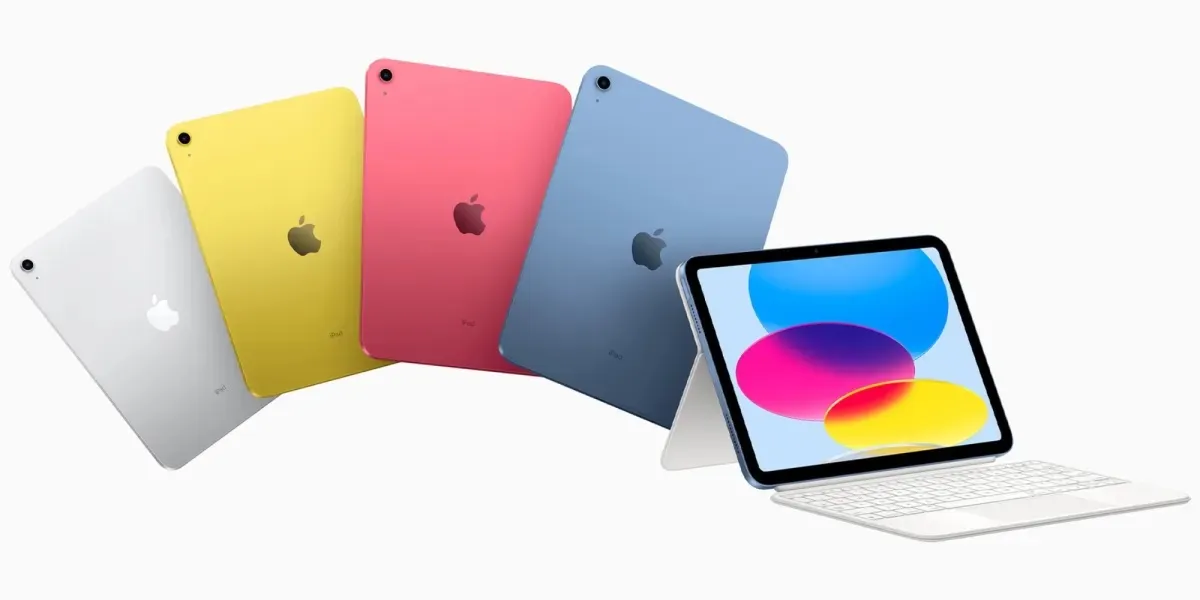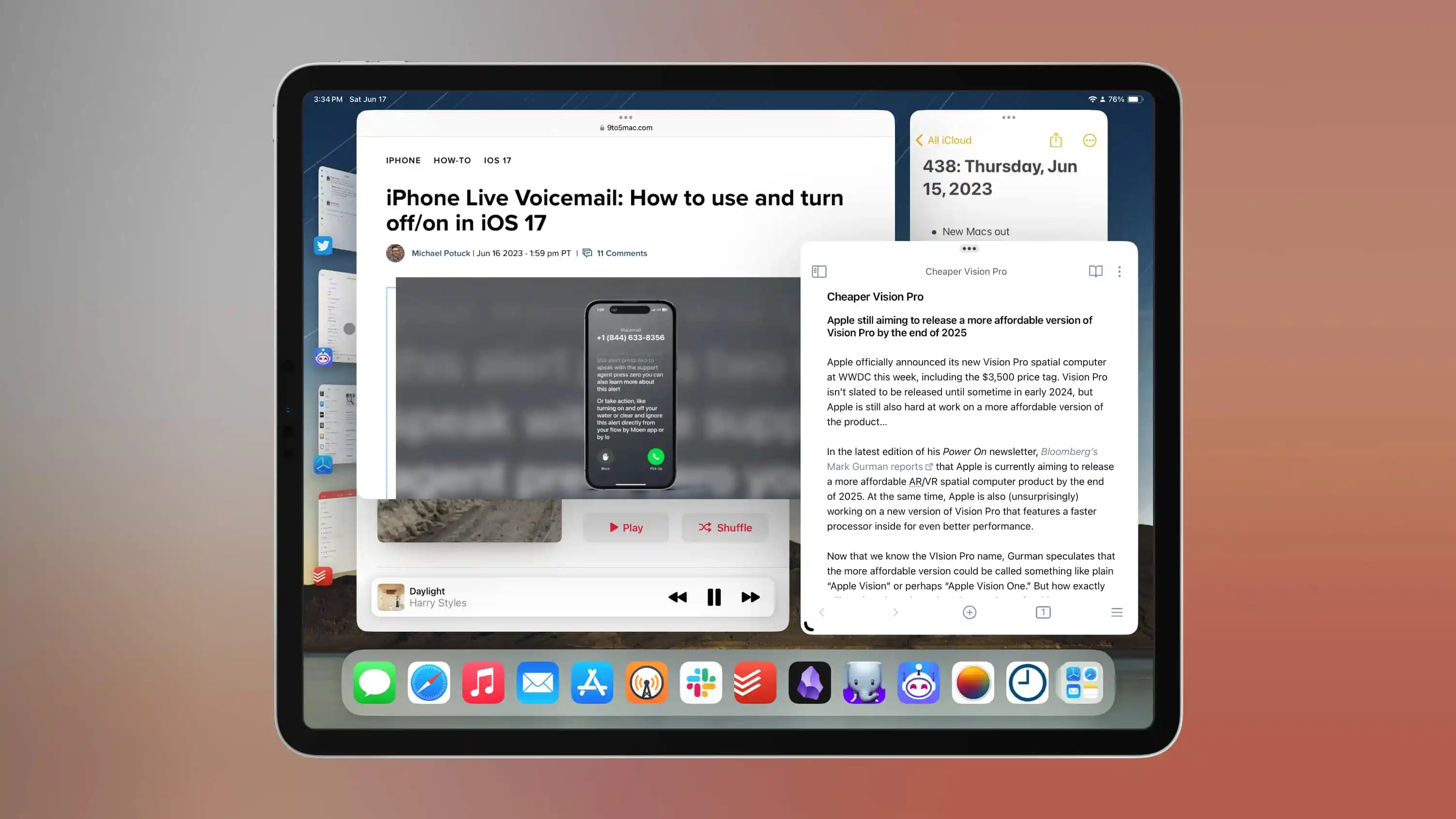 535
535
 2024-09-02
2024-09-02

Apple is expected to unveil two new iPad models this fall, likely at its September 9th keynote. This will include a new entry-level 11th generation model, as well as the 7th generation of iPad mini. Both of these models have gone 2 years without an update, so we’re overdue for a refresh.
iPad (11th generation)
Apple last updated this iPad in October of 2022, marking the largest redesign of the base model iPad since Apple reintroduced the model in 2017. It introduced the new flat-sided design with a plethora of fun colors, switched to USB-C, and added landscape stereo speakers. It was also the first iPad to have a landscape selfie camera, something that wouldn’t get added to other iPads for another year and a half. It launched at $449.

According to Bloomberg’s Mark Gurman, Apple is “focusing on how to make its production costs lower on the entry-level model.” It’s unclear if that means we’ll see another price reduction, or if Apple will just be improving their margins on the 11th generation model. After Apple’s May 7th event, they did reduce the price to $349, so consumers likely won’t get to benefit from Apple’s cheaper production costs this time around.
The iPad (10th generation) currently has an A14 Bionic chip, and it isn’t quite clear what Apple will upgrade the 11th generation model to. Traditionally, the base model iPad has lagged 2 years behind on chipset upgrades, so the A16 Bionic is likely a safe guess. However, with Apple Intelligence being on the table, Apple could potentially shift their strategy and put an A17 or A18 chip in the new iPad 11.
iPad mini (7th generation)
iPad mini last received a refresh back in September 2021, also marking the largest redesign since the introduction of the iPad mini back in 2012. The 6th generation model introduced the flat-sided design (although with less fun colors than the aforementioned iPad 10), switched to USB-C, and added support for Apple Pencil 2.

Since it’s the oldest iPad in the lineup, the iPad mini lacks certain features from the newer iPads, such as a landscape front facing camera and support for Apple Pencil Pro. It’s quite likely we see both of those features with the 7th generation refresh, although there’s a possibility that they don’t end up moving the camera, since iPad mini is far more likely to be utilized in portrait orientation. Apple Pencil Pro support is likely a given, however.
We’ll also likely see iPad mini jump to the latest generation A18 chipset, which will bring Apple Intelligence features to Apple’s smallest iPad for the first time. This means you’ll be able to utilize the new Siri, Genmoji, Image Playground, and more on your new iPad – although you won’t have everything at launch.
The iPad mini 6 also faced a display issue known as “jelly scrolling”, where some users could notice that one half of the display refreshed faster than the other half, resulting in an inconsistent scrolling experience. Although unconfirmed, some rumors point to Apple fixing this issue with the next generation model.
In addition, the iPad mini 7 is likely to start with 128GB of storage, similar to the new iPad Air. This is up from 64GB on the current model. It’ll also likely start at the same $499 starting price as the current model.
Stage Manager?
Apple introduced an all new windowing system called Stage Manager in iPadOS 16, initially requiring an M1 chip or newer for the full feature set. After some backlash, Apple added support to the A12X and A12Z iPad Pros, although those iPads didn’t get support for external displays. However, we’ve yet to see this feature expand to any other A-series iPads since that initial move in 2022.
There’s a decent chance we see Stage Manager come to both new iPads. The A16 chip is likely capable of supporting the feature set, and the A17 and A18 chips are most definitely capable of it. It would make sense for Apple to add Stage Manager to these newer iPads to make it a more appealing upgrade, although this is just speculation.

Source: 9to5mac